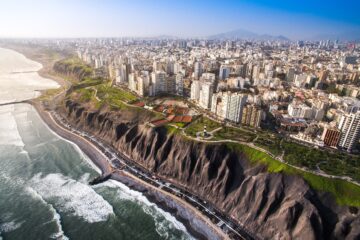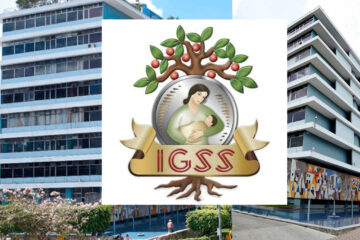In Guatemala, social protection coverage is marred by significant challenges, particularly in the realm of pensions and healthcare. The inequalities within the pension system are glaring, with only a privileged few, consisting of formal workers from the private and public sectors, enjoying its benefits. Guatemala’s social protection system corresponds to a Global South model where poverty is high (54% below the poverty line, according to the WB) and the high informality (71%) causes a weak collection of taxes. The allocation of resources for social protection is influenced more by political considerations than by a fair distribution of resources. This piece aims to shed light on the main challenges faced by Guatemala’s social protection system and explore potential political changes and reforms that could enhance coverage.


